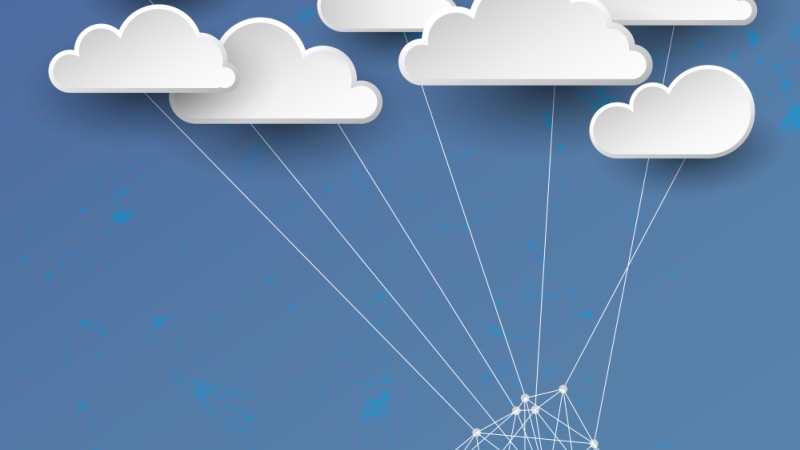
The White House Office of Science and Technology Policy asked for public opinion Friday on whether and how to obtain and use data.
The OSTP said that data portability should give people the ability to keep their information that a service stores for them online, gain access to it, and use it however they want.
“Many of us store our email and photos with cloud services companies or track our finances on bank websites instead of in a checkbook register,” Alexander Macgillivray, deputy chief technology officer for the OSTP, and Jay Shambaugh, member of the Council of Economic Advisers, said in a blog post. “Our medical records are stored electronically at hospitals and doctors’ offices. Permitting service providers to store and manage personal data has proven popular because it is enormously convenient and enables companies to make many services better.”
The OSTP is looking for the potential drawbacks to data portability, the industries that would benefit or be hindered by data portability, specific steps that the government and industry can take to increase data portability, best practices for starting data portability, and information related to data portability policy.
The OSTP foresees benefits such as the ability to create backups of important data, increased competition, the ability to more easily switch between service providers, increase in user trust from a greater sense of accountability and transparency.
The potential drawbacks are businesses becoming more selective in customer acquisition, focusing less on customer relationships, and the hacking of private information due to increased data sharing.
The OSTP said that many companies have embraced data portability but some industries haven’t made it available at all.
“There are also some domains where some form of data portability is required by law or regulation, such as for health or certain Federal government records, but there are many others where data portability is not required under U.S. law,” said Macgillivray and Shambaugh.
The definition of data portability also varies between industries, according to the OSTP. User data could qualify as only information that the user enters manually or any data collected about the user.
The definition of portability is also controversial.
“Some interpret portability as being able to see the information on a screen, others interpret portability more broadly to include that data be provided in a manner accessible by a new service,” said Macgillivray and Shambaugh.
The Request for Information will be open until Nov. 23.
